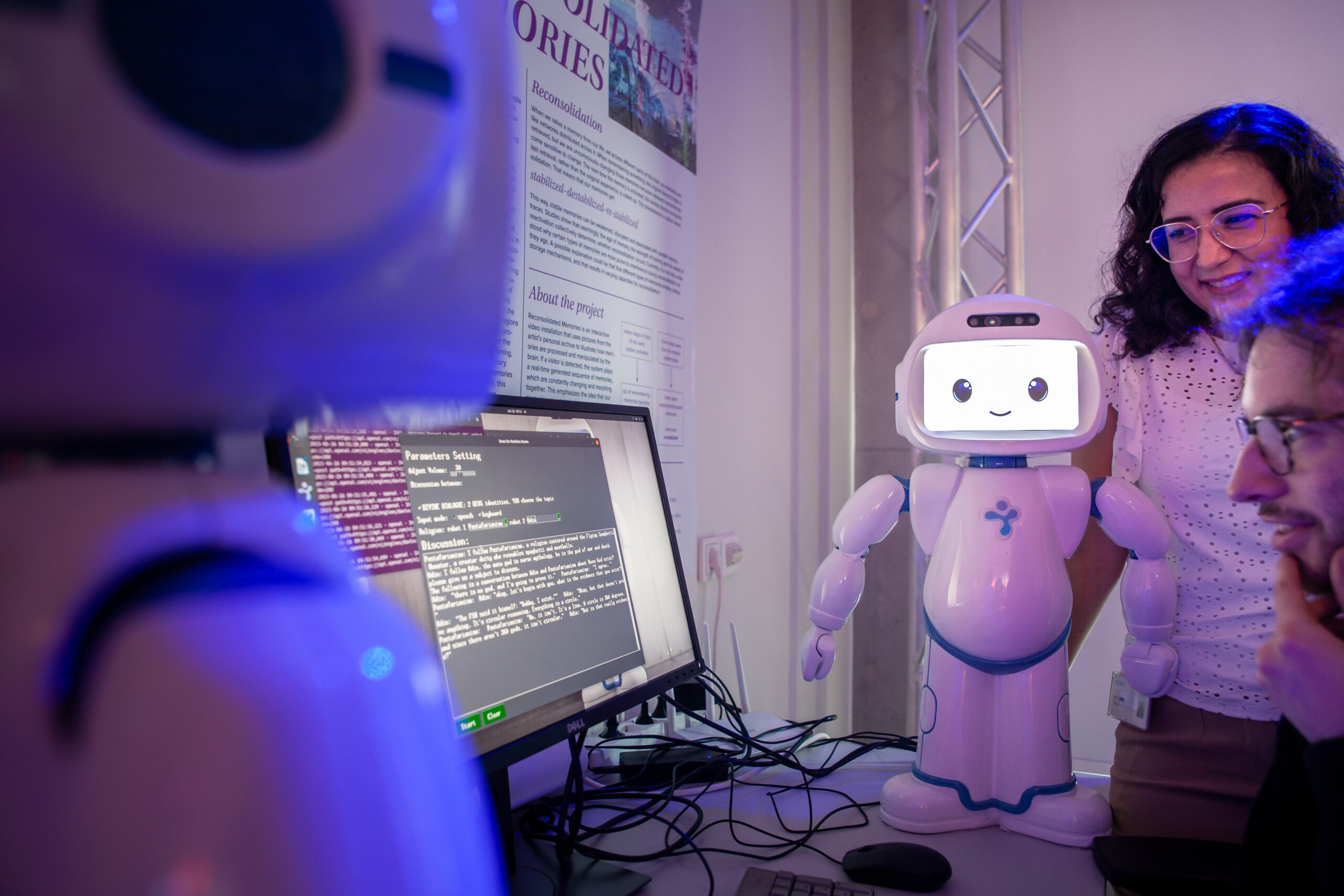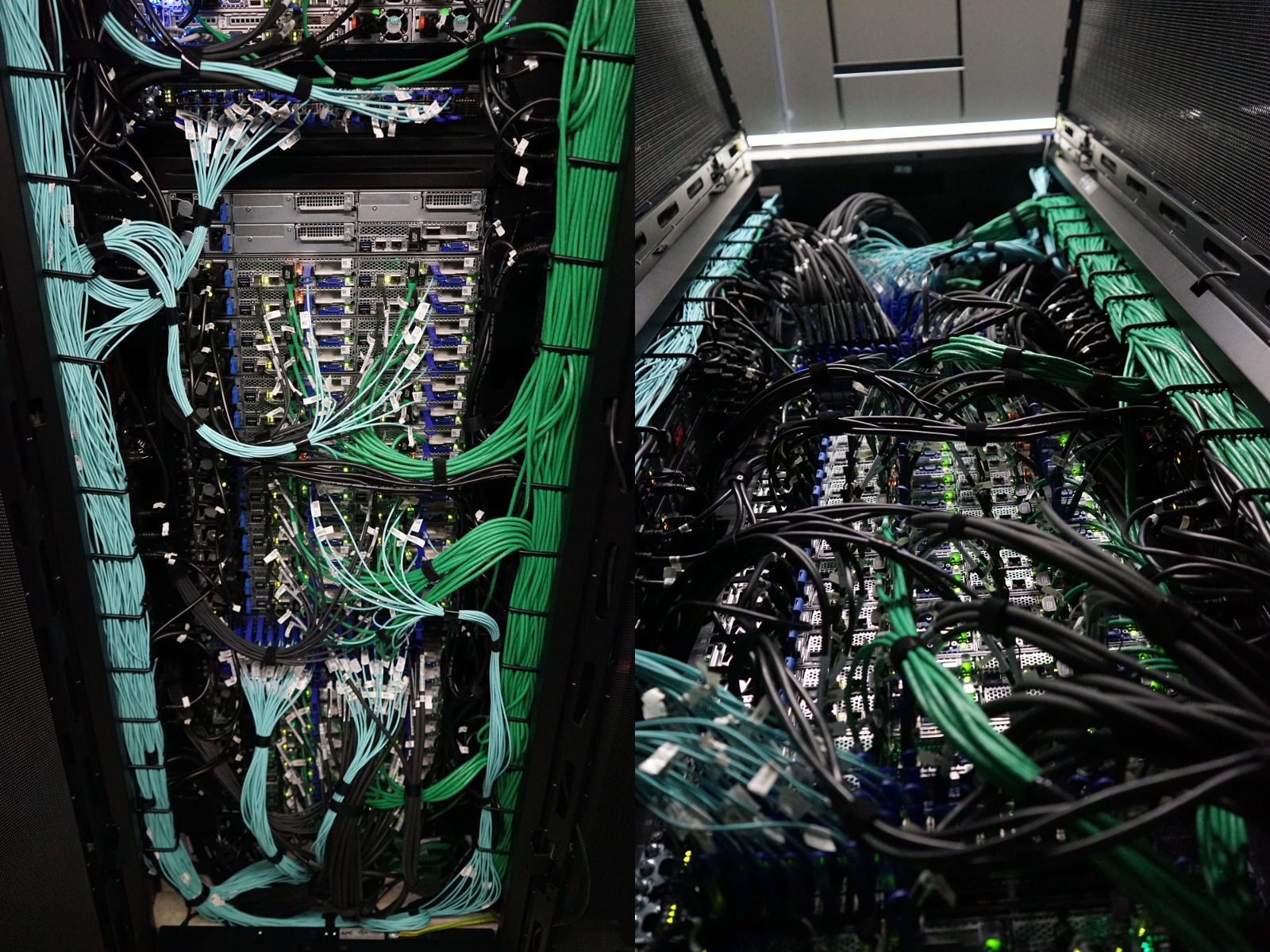Study and career opportunities
The programme provides an interdisciplinary education aligned with the European Cybersecurity Skills Framework, equipping students with both technical expertise and a deep understanding of the business and regulatory aspects of cybersecurity. Graduates will be prepared for roles as cybersecurity experts, operators, lead researchers, and educators. The curriculum includes hands-on training, theoretical foundations, and opportunities to engage with industry leaders and cybersecurity professionals. This comprehensive approach ensures that students gain a well-rounded skill set, making them highly competitive in the field.
More info

Learning outcomes
On completion of the programme, graduates will:
- have acquired profound and applicable knowledge in information security theory, covering fields such as cryptography, operating systems security, computer networks security, computer security, software cybersecurity, security engineering, and information assurance;
- have acquired profound and applicable knowledge on methods in threat assessment, data analysis, and management, including but not limited to social research methods, structured analysis techniques, and other formal methods;
- have acquired knowledge in the fields such as digital ethics, dual-use, and research integrity, as well as on relevant professional codes of conduct and best practices, thereby allowing them to assess field-specific challenges from perspectives beyond the purely technical; and
- have acquired the operational skills to master relevant risk assessment and incident management tasks.
Specifically, they will be able to:
- analyse security threats and vulnerabilities, identifying and containing security breaches;
- investigate incidents, devise responses, and restore systems to regular operations;
- assess cybersecurity risks and determine the best actions to mitigate them;
- define and implement information security management frameworks;
- understand key dimensions of human psychology in security (social engineering, online deception), allowing them to undertake intelligence analysis, organise user experiments, carry out penetration tests and forensics analyses;
- integrate historical cyberwar and cyber incidents and attacks in their decision-making;
- understand and implement field-specific policies and regulations;
- prepare systems or institutions for cybersecurity audits; and
- create cybersecurity communication and training elements such as incident data sharing platforms, and cybersecurity and cyber defence training.
Study perspectives
Graduates can continue with a PhD in Computer Science and Computer Engineering at the University of Luxembourg.
Career perspectives
Graduates of the programme have diverse career opportunities in both industry and academia. Graduates can pursue roles such as:
- Cybersecurity and cyber defence socio-technical researcher – Analysing the interaction between technology and human factors in cybersecurity.
- Cybersecurity software and system engineer – Designing and developing secure software and systems.
- Cybersecurity tools operator and developer – Managing and creating cybersecurity tools for threat detection and mitigation.
- Cybersecurity information officer (CISO) – Overseeing an organisation’s cybersecurity policies, risk management, and incident response.
- Cybersecurity and cyber defence intelligence and forensic analyst and auditor – Investigating cyber threats, attacks, and security breaches.
- Cybersecurity risk and incident manager – Assessing risks and developing strategies to mitigate cybersecurity incidents.
- Cybersecurity and cyber defence advisor, educator, and policymaker – Contributing to cybersecurity awareness, training, and policy development.
- Cybersecurity research officer or team leader – Leading cybersecurity research initiatives in academia or industry.
‟ The programme is uniquely positioned to offer students an interdisciplinary set of skills that will prepare them for the rapid growth of the cybersecurity and cyber defence sector over coming years. Not only will students deepen their technical skills in the field of computer security, they will better understand the business and legislative contexts in which these tools must be deployed. The programme is truly unparalleled in the breadth of knowledge it offers. ”

Study Programme Director
